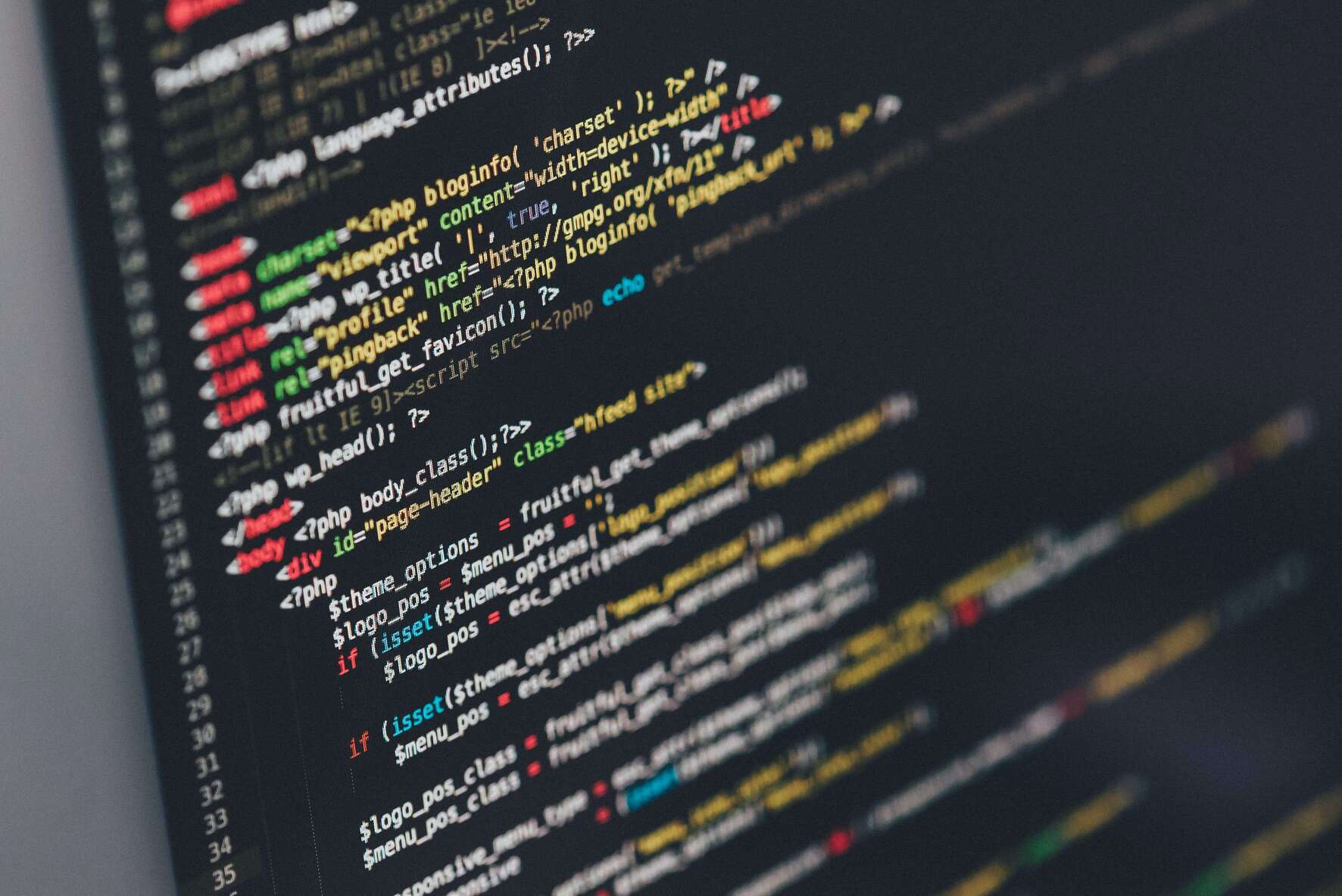WHAT IS A SMART CONTRACT?

A smart contract is a tool that automates, in an efficient and transparent manner, certain tasks pre-assigned by one or more parties and whose contract clauses are incorporated into the software in code form. In order to prevent contract tampering, smart contracts are copied to each node of the blockchain network.
It is self-executable, and, being governed by the in-puts expected in the code, is independent not only from the debtor's animus solvendi, but also from the behavior of the parties; and it is irrevocable, since once the execution process begins, it cannot be stopped or modified. In fact, once the smart contract is programmed, all the variables or possibilities for its execution are built into the code, so that the parties don't have to worry about the execution of the contract under any circumstances, since it happens automatically. Smart contract is realized by itself, according to the conditional logic if this/then that.

Technically, smart contract, is a software application that is developed by a distributed ledger; it is also a rights management tool that formalizes and executes p2p arrangements, between participants without a trusting relationship. Smart contracts provide mechanisms to efficiently manage tokenized assets and access rights (see how in the next lessons).

A vending machine is a primitive form of smart contract. More simply, it is a self-executing agreement formalized as a software application. The code contains a set of rules under which the parties agree to interact with each other.
It can be thought of as a cryptographic box that unlocks value or access if and when specific predefined conditions have occurred.
A smart contract can be invoked (via gas) by internal (others smart contracts) or external (oracles) entities that take off-chain data relevant to the agreement in a short time.
Indeed, the word "smart contract" is a bit awkward, as it is not particularly smart nor does it reflect legal contracts; smart contract is only as smart as the people who code it.
Since the advent of the Ethereum project, the term "smart contract" has seen a renaissance. Ethereum has inspired many other projects to work on others smart contract blockchains such as EOS, Waves or Cardano, which have different degrees of scalability, security and different programming languages.